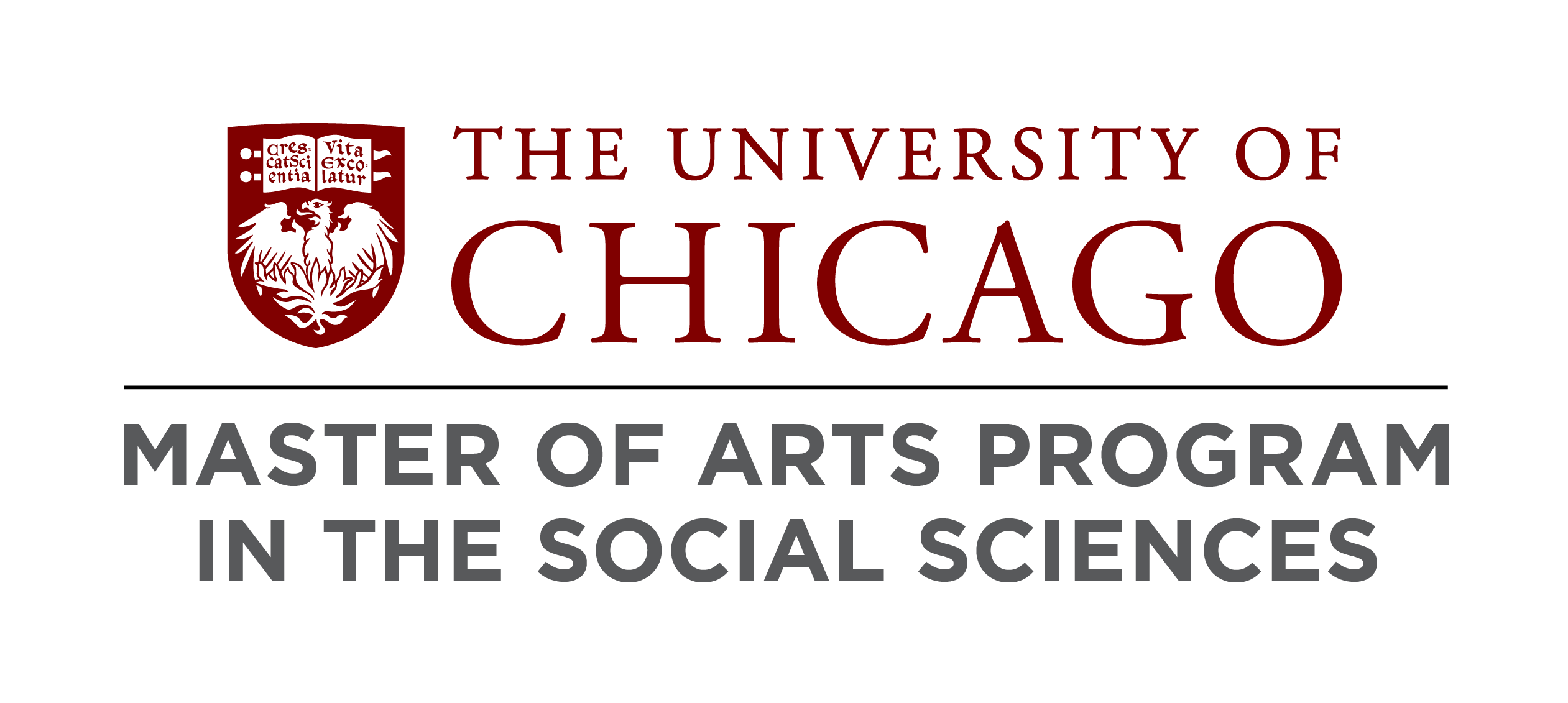
Schedule office hours here.
Natalie Dowling (she/her) is an Assistant Instructional Professor of Psychology in MAPSS. She holds a PhD and MA in Comparative Human Development from the University of Chicago, where she also received a BA in Linguistics. Her research explores how people coordinate in face-to-face interaction with more than just their words, and how these conversational tools develop from infancy to adulthood.
Professor Dowling's research uses an interdisciplinary perspective studying multimodal discourse across the lifespan, integrating methods and theory from developmental psychology, conversation analysis, and psycholinguistics. She uses a mixed-methods approach to understand the acquisition and integration of linguistic and non-linguistic elements of discourse-pragmatics. In particular, her work asks questions about the changing functions of co-speech gestures as children become collaborative conversationalists: When and why do children use gestures before words? What kinds of nonverbal messages are children sending when they speak? As adults, do we notice?
Much of Professor Dowling's research analyzes naturalistic interaction between children and caregivers in the Psychology Department’s Language Development Project, a longitudinal study of communicative development. Her recent work with this corpus looked at how children spontaneously produced shrug gestures in early childhood and adolescence, which are known to be used by adults for an array of complex interactional functions. She shows that although children produce shrug forms in infancy, they do not use them with adult-like functional flexibility even in adolescence. Her findings support the idea that pragmatic development is inherently multimodal, with verbal and nonverbal conversational skills developing together over a lengthy ontogenetic trajectory. Her ongoing research continues to explore the integration of speech and pragmatic gesture in children, adolescents, and adults.
 THE UNIVERSITY OF CHICAGO
THE UNIVERSITY OF CHICAGO

